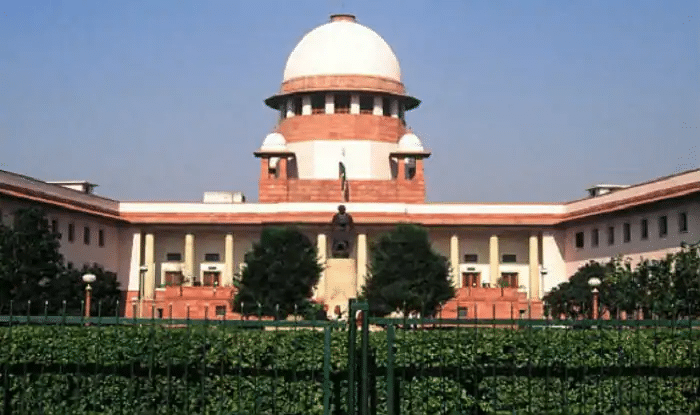The Supreme Court ruled that a Magistrate does not have

The Supreme Court ruled that a Magistrate does not have the jurisdiction to extend the deadline for completion of investigation and filing of chargesheet in cases under the Unlawful Activities Prevention Act (UAPA).
Sadique v. State of Madhya Pradesh
The Three Judges Bench comprising of Justice UU Lalit, Justice S Ravindra Bhat and Justice Bela M Trivedi observed that power under the first proviso to section 43D(2)(b) of UAPA would be with the special court set up under the National Investigation Agency Act and in the absence of such special courts, with the sessions court.
“In so far as ‘extension of time to complete investigation’ is concerned, the Magistrate would not be competent to consider the request and the only competent authority to consider such request would be ‘the Court’ as specified in the proviso in Section 43-D (2)(b) of the UAPA,” the court said.
The court relied on Supreme Court judgement in Bikramjit Singh v. State of Punjab wherein it was held that “so far as all offences under the UAPA are concerned, the Magistrate’s jurisdiction to extend time under the first proviso in Section 43-D (2)(b) is nonexistent,“
The Plea was filed by 4 persons accused under UAPA, challenging an order passed by the Madhya Pradesh High Court which had confirmed a March 2014 order passed by CJM Bhopal granting investigating agency extension of time under Section 43D(2)(b) of UAPA to complete the probe.
later, applications on behalf of appellants were moved under Section 167(2) of CrPC seeking bail on the ground that no chargesheet was filed by the Investigating Agency within 90 days of their custody. Applications were rejected by the CJM Bhopal.
Revision Applications were filed by the appellants which were also rejected by the Court of Session, Bhopal and further the matter was moved to the High Court.
The High Court held that applications preferred by the appellants under Section 167(2) of the Code were not maintainable and that the appellants were not entitled to any relief. As CJM, Bhopal had passed an appropriate order in March 2014 so the period available for the investigating machinery to complete the investigation stood extended to 180 days.
Therefore, the appellants moved to the Supreme Court.
The Apex Court relying upon the decision of the top court in Bikramjit Singh case para 26 of the decision that completely covers the concerning issue that the extension granted in the instant case by CJM, Bhopal was beyond jurisdiction.
Hence, the court allowed the appeal and held that the appellants are entitled to be released on default bail.





